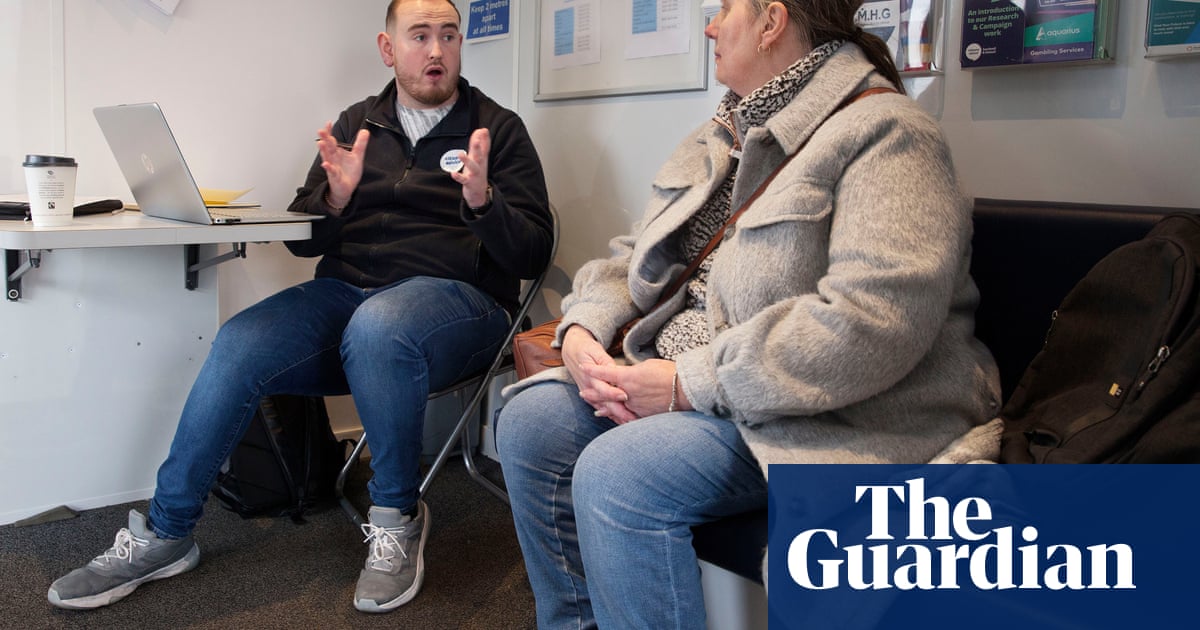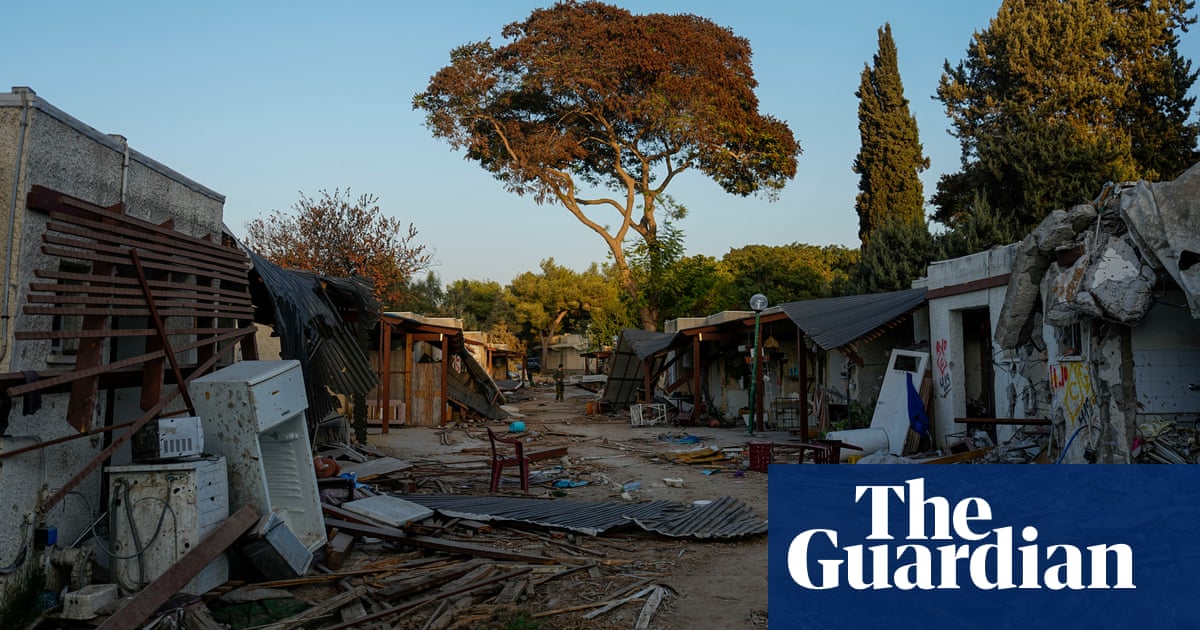
Domestic abuse charities and centres dealing with sexual violence say council budget cuts will have a devastating impact on support for women, warning that entire services will have to close as local authorities strip back to basics.
Charities said that most aspects of the services were non-statutory, meaning councils do not have a legal obligation to keep funding them and are likely to cut them as they try to balance their budgets amid a nationwide funding crisis.
“Violence against women services are really among those most at risk,” said Mary-Ann Stephenson of the Women’s Budget Group. “As local authorities are cutting to the bone, there is basically nothing left to cut, so everything that is non-statutory is going.”
Women’s Aid, a federation of about 180 domestic abuse services across England, said services in areas where local authorities have issued a section 114 notice, effectively declaring bankruptcy, were bracing for the worst.
“We’re hearing from members in those areas that entire services will have to close and many of staff members will have to be made redundant,” said Lucy Hadley, the head of policy at Women’s Aid.
“These things will be the first to go. Coming on top of a decade of funding crisis, many of our members are really concerned this will just have a devastating impact on continuing their services.”
Hadley said the cuts were happening at time when domestic abuse and coercive control was being aggravated by the cost of living crisis. A Women’s Aid survey found that three-quarters of women in a relationship with their abuser, or financially linked to them, were unable to leave because of the rising cost of living.
Some aspects of domestic abuse services, such as refuge and accommodation are statutory, but Hadley said members had raised concerns that funding for them was being diverted elsewhere as a result of councils’ desperate financial situations.
“Sadly, this is not an issue decision-makers prioritise because it’s not something that affects everyone in their community. It’s not the bin services, for example, that they get lots of letters about,” Hadley said. “We absolutely feel this is a priority for government to fund and to ensure that councils are meeting their duties on.”
Andrea Simon, director of the End Violence Against Women (EVAW) coalition, said many services have already had to close their waiting lists because of rising demand and costs.
“Local authority budget cuts not only impact the funding they can provide for vital women’s services, but leaves these services to pick up the pieces when local authorities and other agencies turn them away,” she said.
In Coventry, where the city council has said it is making some “very difficult choices” to balance its books, the Coventry Rape and Sexual Abuse Centre (Crasac) is losing £195,000 of council funding and has closed its waiting list as a result.
“Local authority budget cuts not only impact the funding they can provide for vital women’s services, but leaves these services to pick up the pieces when local authorities and other agencies turn them away,” she said.
In Coventry, where the city council has said it is making some “very difficult choices” to balance its books, the Coventry Rape and Sexual Abuse Centre (Crasac) is losing £195,000 of council funding and has closed its waiting list as a result.
Its CEO, Natalie Thompson, said she was “gutted” by the council’s decision.
“We know demand is growing year on year, but we’re really struggling to keep up the pace because with inflation, especially in the last few years, everything’s getting more expensive,” she said.
“So we’ve just had to close the waiting list because the knock on effect of this [funding cut], as well as austerity. It’s not safe for clients or our staff any more.”
The council said in a statement that it was not cutting the service, but had decided not to renew its contract with Crasac because it was “not addressing increasing waiting lists”.
“We will work with various partners to address the prevention of sexual assault and rape, and assist partners in the health and care system to commission improved services for this important population,” it said.
Stephenson said pressure was mounting on councils as they move to set their budgets for the next financial year, and that there needed to be increased awareness of how important the services were.
“There are women whose lives are at risk if they can’t safely leave violent partners who need domestic violence services, and there are women who are suffering severe trauma as a result of sexual violence,” she said. “These services should be securely funded and somehow they’re treated as nice to have that you can cut.”












